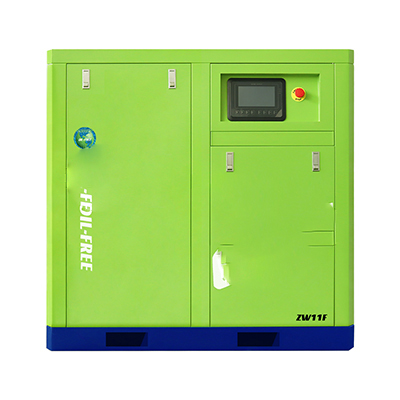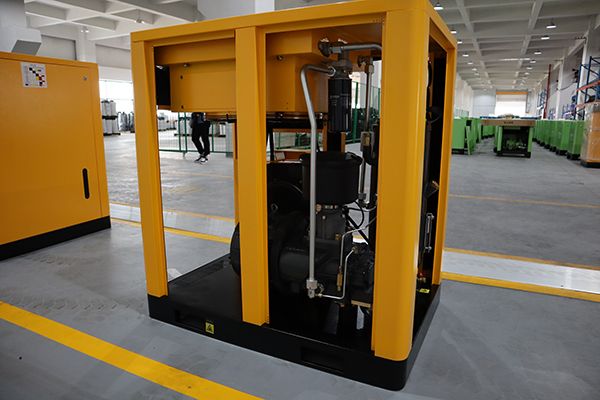The Vital Role of Capacitors in Everyday Electronic Devices
News 2025-10-24
Capacitors are essential components in electronic circuits, storing and releasing electrical energy to support a wide range of functions. They are found in devices from smartphones to industrial machinery, playing key roles in energy storage, signal filtering, and voltage regulation. This article examines their importance, emphasizing real-world applications and performance benefits that enhance device reliability and efficiency.

Key Applications in Consumer and Industrial Sectors
Capacitors are integral to consumer electronics, such as in power management systems of laptops and smartphones, where they stabilize voltage and extend battery life. In automotive applications, they support electric vehicle charging circuits and sensor systems, improving safety and performance. Industrial uses include motor control and power conditioning in factories, helping to minimize downtime and energy consumption through effective energy handling.
Performance Benefits and Material Innovations
Capacitors deliver high energy density, enabling compact designs in space-limited devices like wearables. Their low equivalent series resistance reduces heat generation and energy loss, boosting overall system efficiency. Advanced materials, such as ceramic and tantalum, provide excellent stability under extreme conditions, ensuring longevity in applications from aerospace to renewable energy systems.
1. What are the primary functions of capacitors?
They store electrical energy, filter signals, and regulate voltage in circuits.
2. How do capacitors enhance device durability?
By smoothing power fluctuations and reducing electrical noise, they prevent component wear and extend operational life.
3. Where are capacitors most commonly applied?
In power supplies, timing circuits, and coupling applications across electronics and automation industries.


